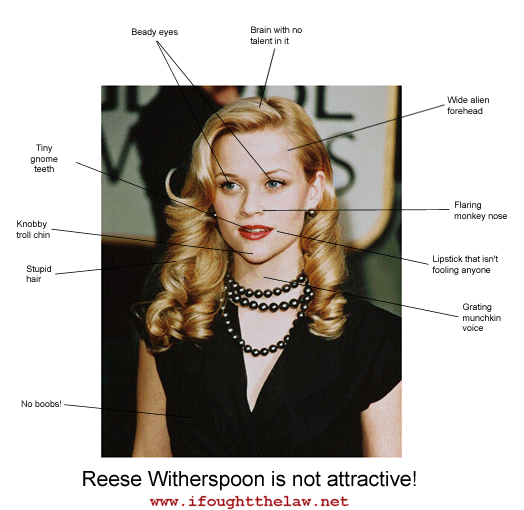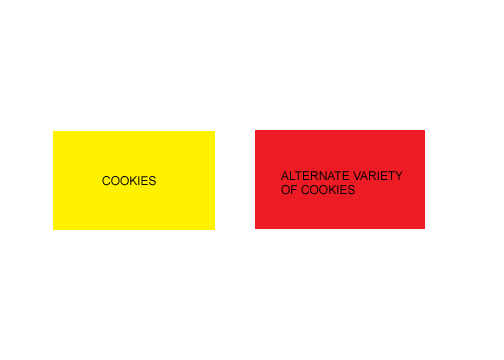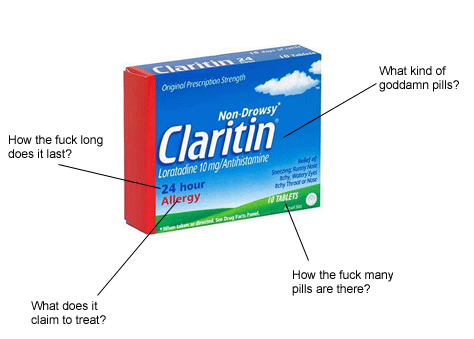Outgoing FCC Chairman Michael Powell recently came out against extending indecency regulation to cable and satellite, as one mouthbreathing Senator has pushed the issue into public debate. And since I'm about to have a paper published in the Berkeley Technology Law Journal on this very topic, I thought I'd provide a preview in blog form.
First, a few basic things. Speech that can be described as indecent but not obscene is protected by the First Amendment (obscenity enjoys no protection, and can be regulated or banned to any legislature's desire). However, in a line of particularly crappy Supreme Court decisions, the Court has held that broadcast media are entitled to reduced First Amendment protection (compared with, at the time, print media, but a later non-crappy decision held that cable television is entitled to full protection -- more on that below). The starting point for reduced protection for broadcasters was the Red Lion case, which put forth the idea that broadcast frequencies are scarce, government-owned resource, that could be licensed by the government in furtherance of the public good. Since the government is in control of the resources they can exercise some degree of control over what kind of material their licensees (the broadcasters themselves) can air.
A later decision, FCC v. Pacifica Foundation, crystallized the application of Red Lion in the indecency context. Because broadcaster media are (1) uniquely pervasive in the lives of Americans amd (2) uniquely accessible to children, Congress may regulate indecent material -- which is protected by the First Amendment -- on broadcast television and radio. This gives lunatic FCC Commissioners the power to pursue the sorts of reigns of terror that we've been experience for the past year or so.
Because Red Lion was based on the unique technological characteristics of broadcast, the Court declined to extend its holding to cable in TBS v. FCC, which came down in 1994. So what we have is a two-tiered system of indecency regulation -- full regulation for broadcasters, and no regulation for cable/satellite -- based on the differences between the two forms of media. We're getting to the point where, at least on television, broadcast and cable are indistinguishable. The alphabet stations are subject to indecency regulation while Comedy Central, MTV, TBS, Sci Fi, and Nickelodeon for that matter can pretty much air whatever they want.
Oddly enough, this anarchy in the cable industry has not created the sewer of sex and violence that hand-wringers in Congress seem to fear if we become more lenient with broadcasters. Basic cable channels can air indecent material 24 hours a day, but they don't, even without government regulation.
In the meantime, forces are aligning to bring down this dichotomy. On one side is Viacom, who is challenging the FCC fines associated with last year's boobilicious Super Bowl broadcast. Judging from the brief they filed with the FCC, they seem prepared to take this thing all the way to the Supreme Court and bring down the entire system of indecency regulation. On the other side are dingleberries like Senator Stevens and L. Brent Bozel III, who don't want anyone to watch anything that they don't like.
So one of three things will happen. The current system could remain in place and become increasingly indefensible as the line between cable/satellite and broadcast television and satellite and broadcast radio continues to blur. Pacifica could be overturned, stripping Congress and the FCC of any power to regulate indecency anywhere at all. Finally, and most frighteningly, TBS could be overturned, allowing Red State Churchies to get Sponge Bob off Nickelodeon so he doesn't turn their children into gays.
It's tough to say based on TBS what the Supreme Court will do with this issue, if the issue ever gets to them. To begin with, TBS was about must-carry provisions, not indecency. Secondly, it's one of those opinions that various Justices joined various parts of, with concurring opinions left and right, making binding precedent hard to find. In addition, by the time the issue gets that far we'll likely have one or two new Justices, so that complicates things as well.
In addition to the legal issues, the market shifts in each media add an interesting dynamic. Congress' sudden interest in regulating indecency on satellite and cable is likely tied to Howard Stern's upcoming jump from broadcast to satellite radio. Many are predicting that this is the boost that the burgeoning satellite radio industry needs to begin its ascent to the level of what cable TV has become. The FCC's aggressive anti-indeceny agenda has driven Stern off the air but may ultimately produce more indecent radio as controversial personalities jump to the no-holds-barred satellite arena. If, indeed, satellite radio is as successful as cable TV, the underlying rationales for broadcast indecency regulation will continue to fade in relevance. Even if they stay in place as a technical legal matter, their unlikely to have any substantial effects on the entertainment industry going forward.
Anyway, the paper I have coming out gets more deeply into this stuff, and also has lesbian dryhumping. I'll post a link as soon as I'm able.







